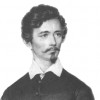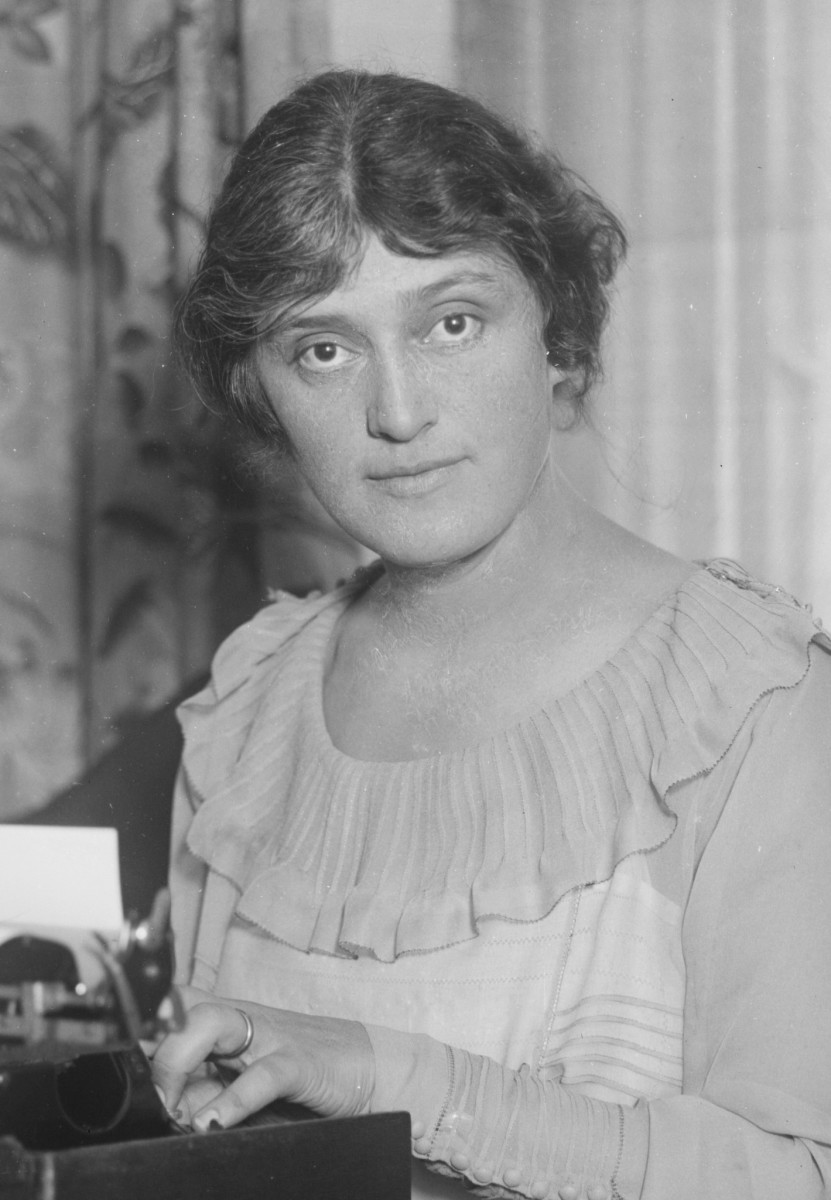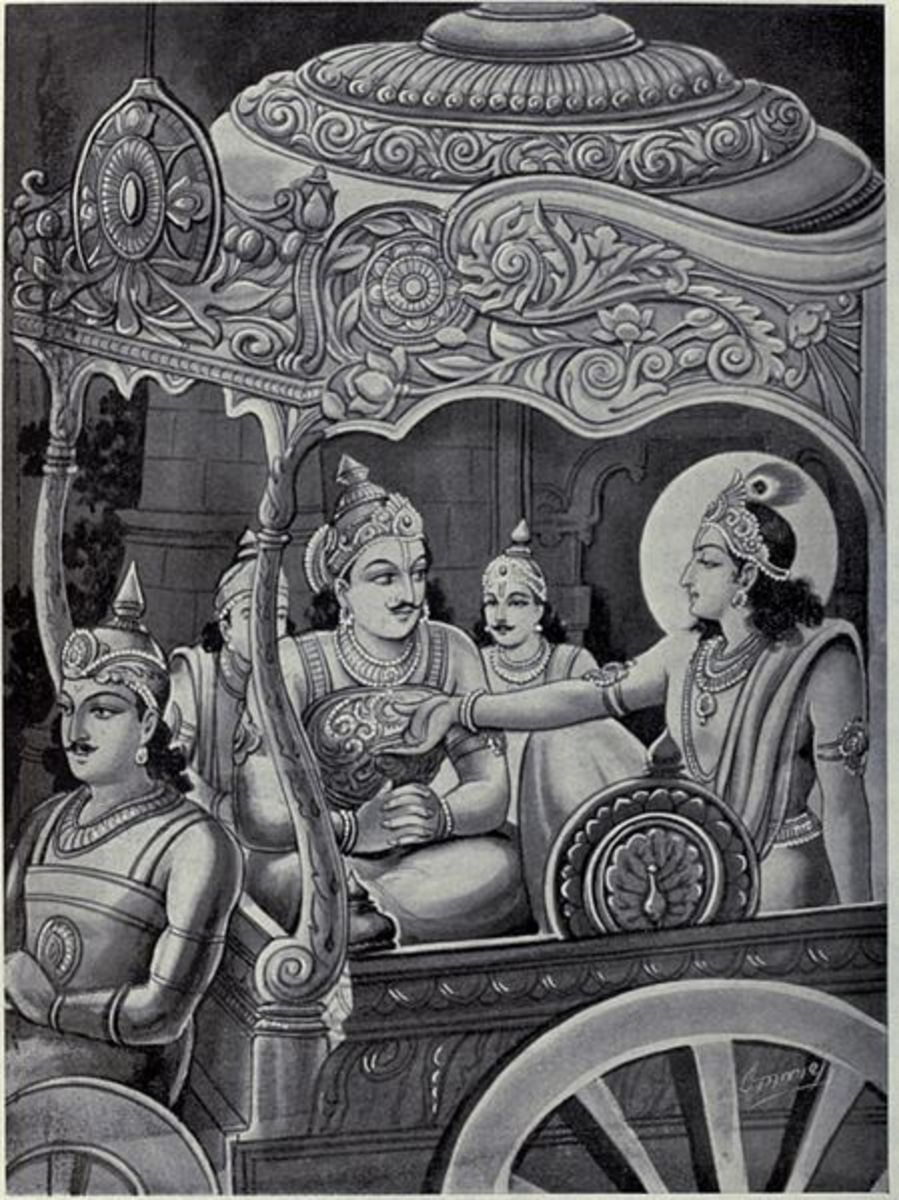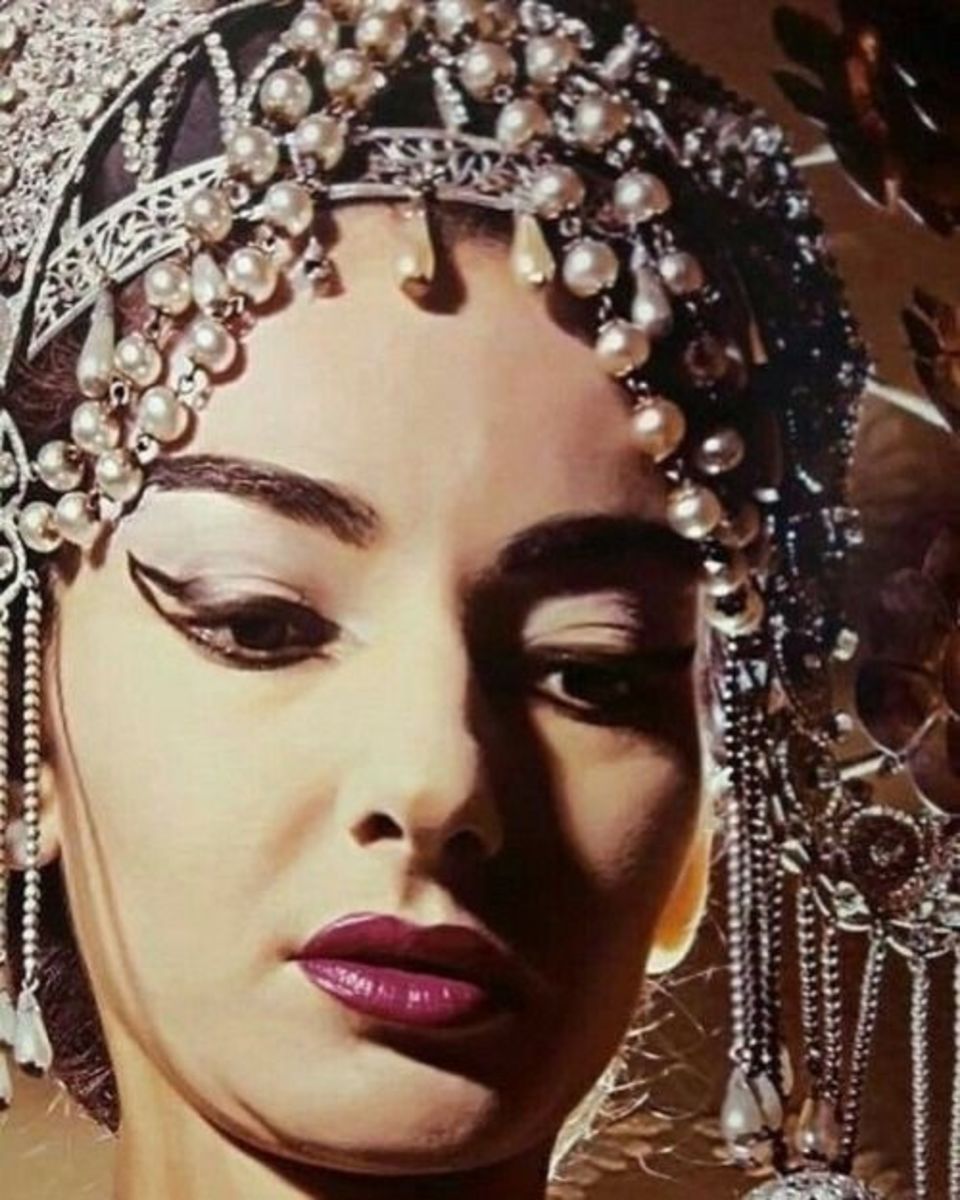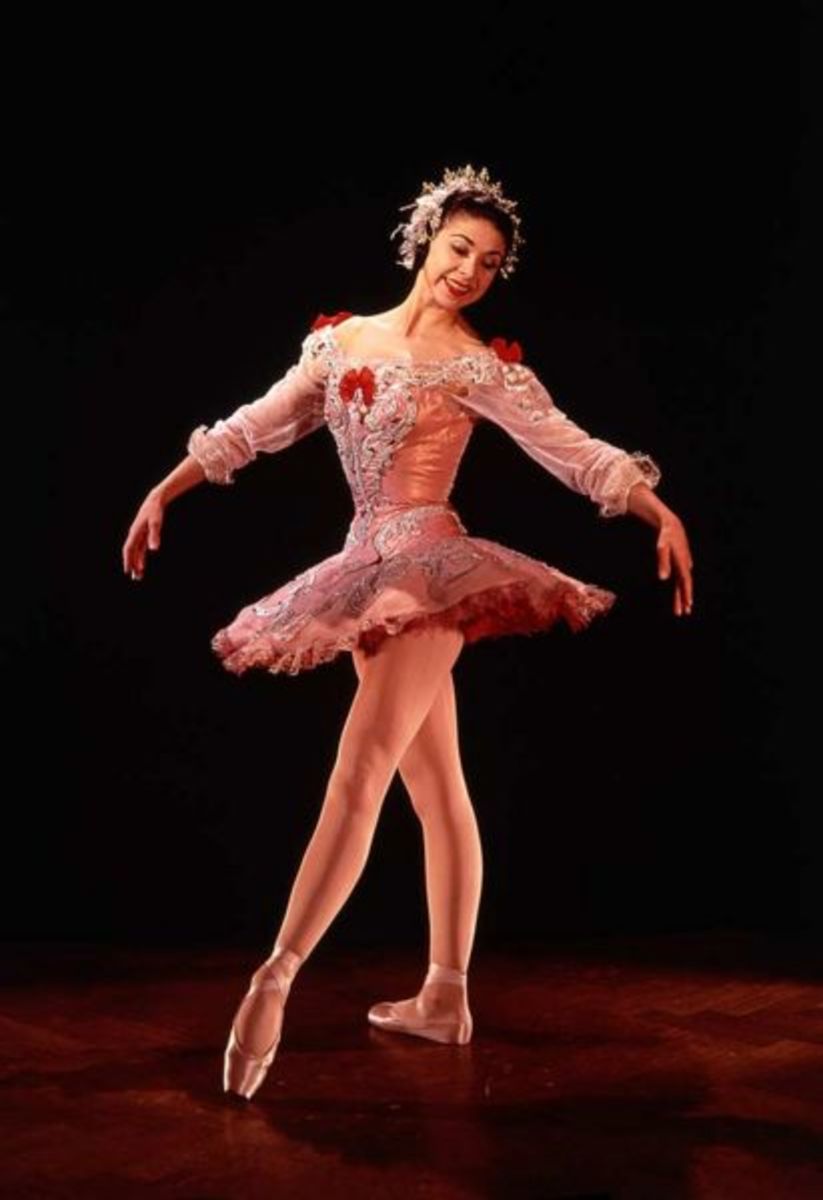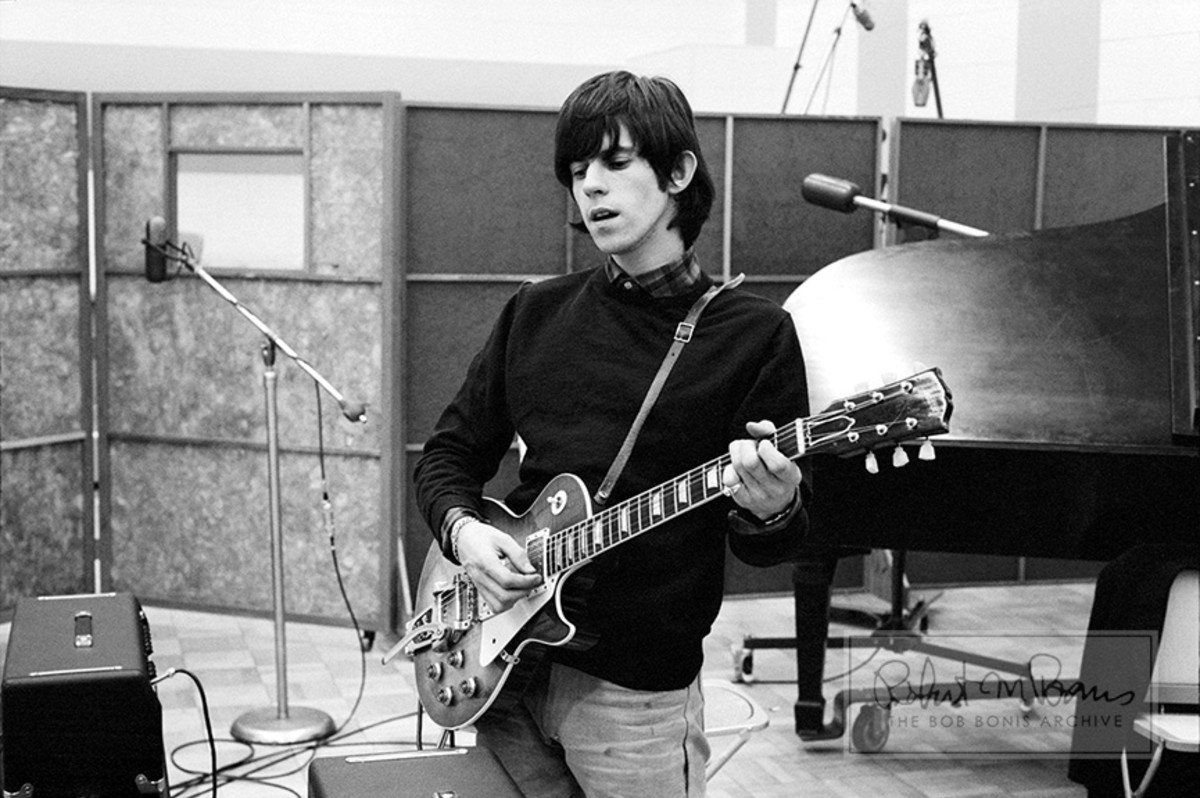The World's Greatest Tenors - Beniamino Gigli
The World's Greatest Tenors - Beniamino Gigli
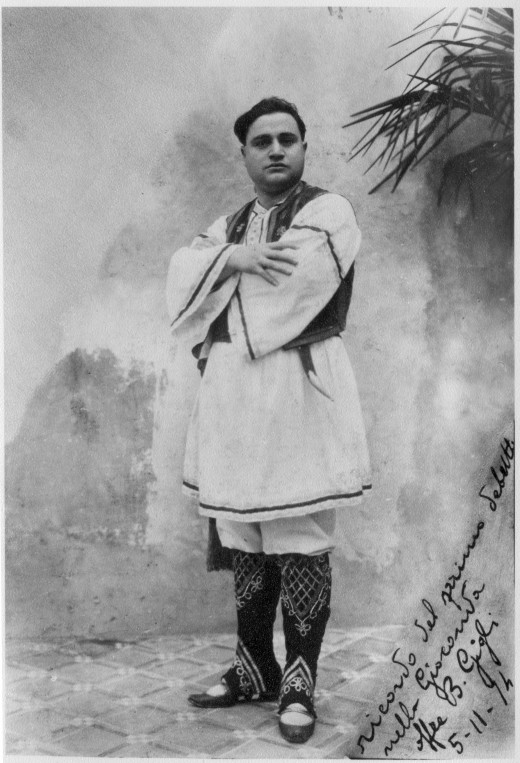
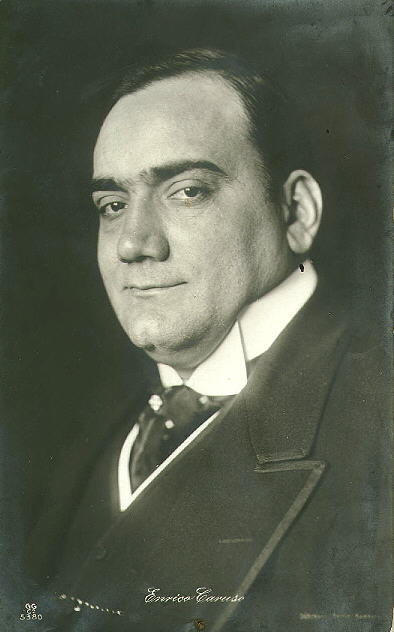
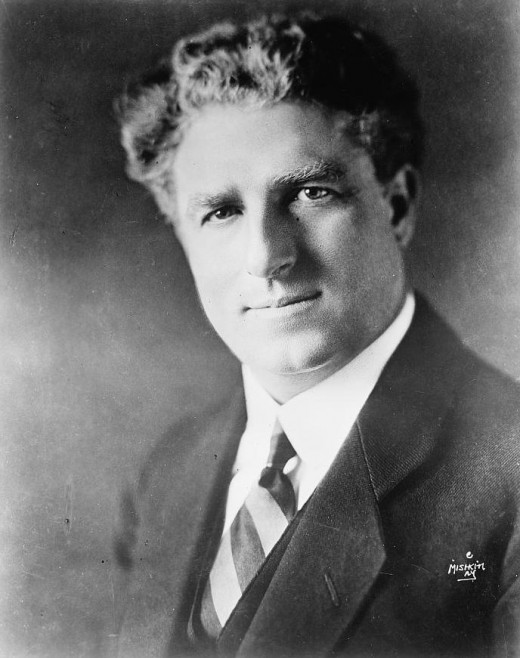
==================
The World’s Greatest Tenors – Beniamino Gigli
===================
I accidentally learned about Beniamino Gigli, the great Italian tenor, sometime in the 1970s. A good friend of mine, who was born in Germany, had introduced me to Richard Tauber, Joseph Schmidt and Fritz Wunderlich. They were all great German tenors whom I had not heard of before.
------------------------------
I immediately started searching all of the local record stores to find their recordings. Everywhere that I looked, I kept running into Beniamino Gigli records so I decided to investigate him too.
------------------------------
I soon learned that he had made his debut at the Metropolitan Opera in 1920 while Enrico Caruso was still alive. Caruso died in 1921. His audience often referred to him as "Caruso Secundo" but he preferred to be called "Gigli Primo".
-----------------------------
He was renowned internationally for the great beauty of his voice and the soundness of his vocal technique although he lacked Caruso’s darker more heroic voice.
===================
The best way that I can describe Beniamino Gigli’s voice is to let you listen to two of his recordings:
"O Sole Mio" and "E lucevan le stelle"
====================
The World's Greatest Tenors
O sole mio
E lucevan le stelle
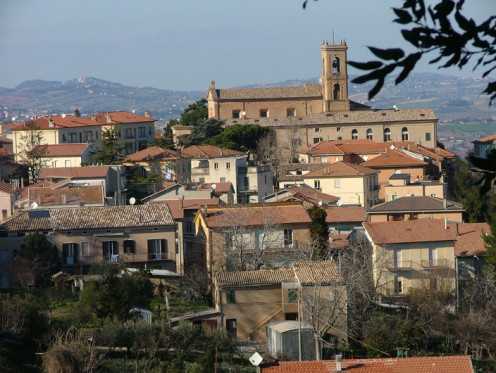
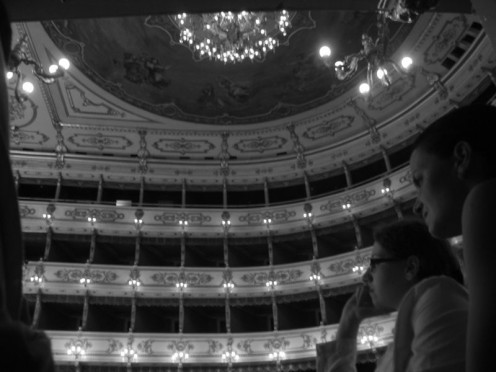
=================
Beniamino Gigli was born in Recanati, Italy in 1890. He was the son of a shoemaker who loved opera. His career began after he won an international singing competition in Parma, Italy at the age of 24. He quickly debuted in operas in Naples, in Spain and at La Scala.
---------------------------
Finally, on November 26, 1920, he made his debut at the Metropolitan Opera. His chief rivals there were Giovanni Martinelli, Giacomo Lauri-Volpi and the memory of Enrico Caruso.
---------------------------
Gigli sang as principal tenor at the Met from 1920 until 1932 when he left after refusing to take a pay cut. His counter offer to sing five or six concerts for free would have more than offset the pay cut but it was not accepted nor was it even made public.
---------------------------
Gigli then returned to Italy and sang all over Europe and in South America. However, he was strongly criticized for being a favorite singer of Italian dictator, Benito Mussolini. Unfortunately, his recordings during that period are only available in Italy.
---------------------------
In addition to opera, many people considered Beniamino Gigli to be the greatest exponent of Neapolitan singing. Of course that is a matter of opinion so I have provided two examples so that you can judge for yourself:
"Torna a Surriento" and "Santa Lucia Luntana"
================================================
Torna a Surriento
Santa Lucia Luntana
=======================================
During the period from 1935 to 1953, Beniamino Gigli appeared in more than 20 films, most of which are still available. The following video is from a 1936 film that he appeared in. It is an aria which he was frequently associated with:
"Che Gelida Manina"
from "La Boheme"
=======================================
Che Gelida Manina from La Boheme
=============================================
Beniamino Gigli died in Rome in 1957, but his legacy lives on in his recordings. It is impossible to know how many future tenors were influenced by his singing. You may be amazed by the similarity of Gigli’s recording of
"Nessun Dorma"
and one made famous by Luciano Pavarotti many years later.
===========================================
Nessun Dorma from Turandot
Recanati, Italy where Beniamino Gigli was born and Parma where he won first prize at an international singing competition when he was 24 years old.
More of the World's Greatest Tenors by rjsadowski
- The World's Greatest Tenors
Any list of the greatest anything is based on personal opinion and experience and this one is no different. I have been fortunate enough to hear Pavoratti, Domingo, Careras and Bocelli live. The others are based on my exposure to recordings and biogr - The World's Greatest Tenors - Enrico Caruso
Whenever an outstanding young tenor comes along he is referred to as - The World's Greatest Tenors - Richard Tauber
Born in Linz, Austria, Richard Tauber first performed in traditional operas. However, living during the golden age of Viennese operetta, he soon discovered that he was better suited to that form of singing. Between 1925 and 1934, Franz Lehar wrote 6 - The World's Greatest Tenors - Richard Tucker
Richard Tucker was born Rivan Ticker in Brooklyn, New York in 1913, the son of Romanian Jews. His musical talent was discovered by the first grade and by 1943 he was the cantor at the Brooklyn Jewish Center. He made his debut at the Met in 1945 where - The World's Greatest Tenors - Fritz Wunderlich
Fritz Wunderlich was voted as the fourth greatest tenor of all time in a survey in the April 2008 edition of the BBC Music Magazine, yet few people outside of Europe know about him. One reason is because he died young at age 35. The other is because - The World's Greatest Tenors - Franco Corelli
Franco Corelli was known as the - The World's Greatest Tenors - Joseph Schmidt
Joseph Schmidt was one of the world's greatest tenors yet he remains relatively unknown in America. Born to Jewish parents in the Romanian village of Davidney he began singing in the local synagogue. In 1929 he began singing on the radio in Berlin. J - The World's Greatest Tenors - Luciano Pavarotti
Luciano Pavarotti is considered by many people to be one of the two or three greatest tenors who ever lived. Certainly, he is the greatest tenor to appear in my lifetime. I had the good fortune to hear him live in concerts twice and once again in a l - The World's Greatest Tenors - Placido Domingo
Perhaps best known as one of The Three Tenors, Placido Domingo has sung more operatic rolls (134) than any tenor in history. He has given more than 3500 career performances and has made more than 100 recordings of complete operas. Born in Madrid, Spa - The World's Greatest Tenors - José Carreras
Jose Carreras is the least well known of
